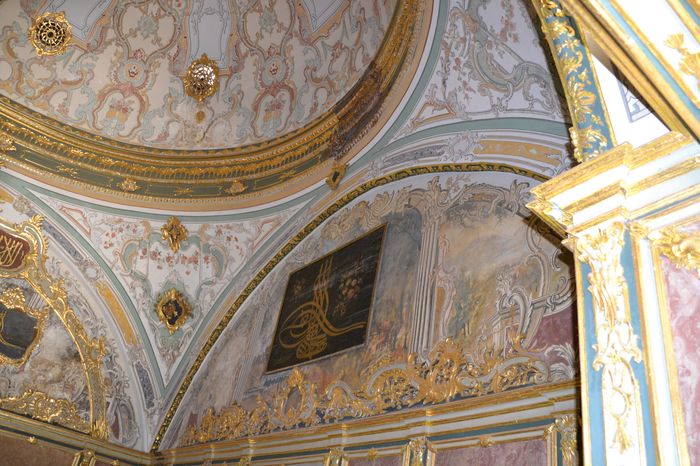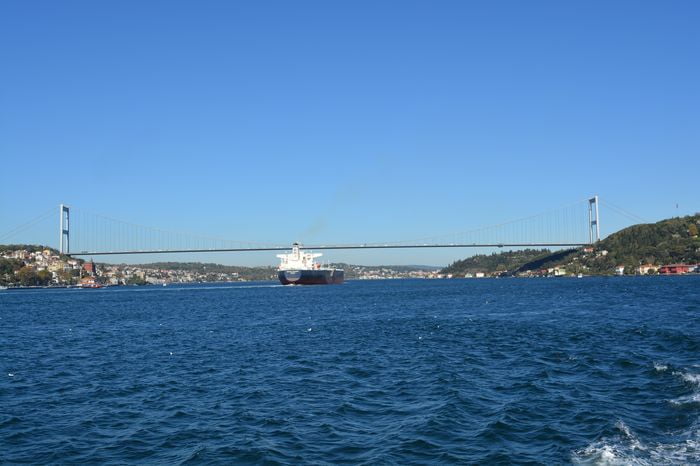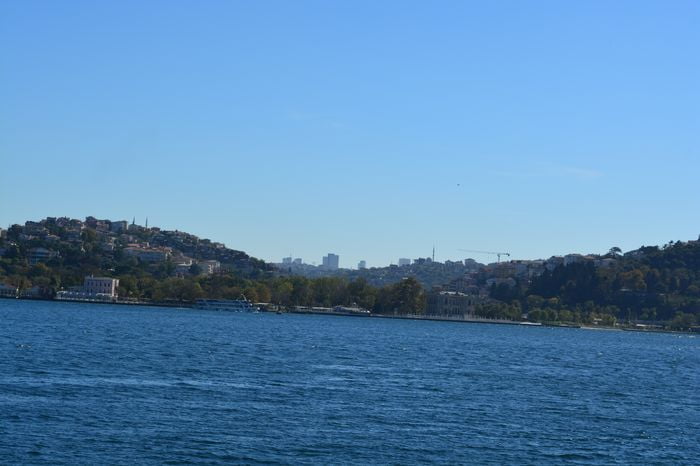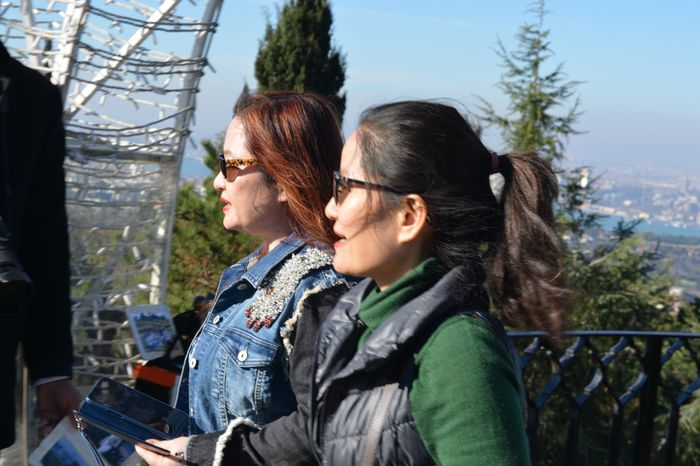The Dramatic Story from the Bible
One of the most dramatic and emotional stories in Biblical history involves Abraham, his wife Sarah, and his servant Hagar. Because of Sarah’s jealousy, Abraham was forced to make a heartbreaking decision. Early one morning, Abraham prepared bread and a bottle of water for Hagar. He placed these supplies on her shoulders, gave her their child Ishmael, and sent them both away into the wilderness.
Lost in the Desert
Hagar and young Ishmael wandered in the wilderness of Beersheba, a harsh desert region. Eventually, their water ran out, and they faced death from thirst and hunger. In desperation, Hagar placed her child under a shrub for shade and moved away because she could not bear to watch him die. She lifted up her voice and wept, feeling completely hopeless and abandoned Turkish Time, the Crescent Symbol, and the Sultan’s Power.
God’s Promise to Hagar
At this moment of deepest despair, something miraculous happened. An angel of God called to Hagar from heaven with a message of hope and comfort. The angel told her: “Arise, lift up the boy and hold him in your hands, for I will make him a great nation.” This divine promise meant that Ishmael would not die but would become the father of a mighty people.
The Muslim Connection to Abraham
The Muslim world believes strongly that Abraham was the founder of Mecca, the holiest city in Islam. They consider Ishmael to be their ancestor and believe they have inherited Abraham’s religion along with all its promises and blessings. Muslims also believe they have inherited the personality traits that were attributed to Ishmael in the Bible.
A People Set Apart
The Bible described Ishmael’s descendants as a people who would be in conflict with others, saying “their hand has been against every man, and every man’s hand has been against them.” Muslims see themselves as fulfilling this prophecy, as they have often found themselves standing alone against other nations, whether those nations follow pagan religions or Christianity. Despite facing opposition, they continue to defy and challenge all other nations Private Tour Guide Ephesus.
The Sultan’s Many Titles
The Sultan of Turkey holds many impressive titles that reflect his enormous power and authority. His official title is “Padishah,” which means “father of all the sovereigns of the earth.” This title is used exclusively by the Turks in all official government communications and documents.
Religious and Honorary Titles
The Sultan also holds several other important titles that show his religious authority. He is called “Imam-ul-Muselmin,” which means “pontiff of Muslims” or the highest religious leader. Other honorary titles include “Alem Penah” (refuge of the world), “Zil-ullah” (shadow of God), and “Hunkiar” (the slayer of infidels). These titles demonstrate how Muslims around the world view him as both a political and spiritual leader.
The Sultan’s Global Religious Authority
The Sultan’s power extends far beyond the borders of Turkey. He controls and has authority over Muslim subjects living in all nations around the world. This creates a unique situation where Muslims living in other countries have divided loyalties – they must obey their local governments but also recognize the Sultan’s religious authority.
The Power of the Green Banner
The Sultan possesses an incredibly powerful symbol – the green banner that was supposedly carried by the Prophet Mohammed himself. If the Sultan were to go to a small mosque at the Seraglio palace, unfurl this sacred green banner, and declare a holy war, the results would be immediate and worldwide.
A Global Call to Arms
Such a declaration would require all the sons of Ishmael – meaning all Muslims everywhere on earth – to support the Sultan and obey his orders. This would include Muslims living in India, Africa, China, the East Indies, and islands throughout the seas. According to Islamic religious law, they would be required to answer his call regardless of their loyalty to their own local governments.
This amazing power shows how the Sultan’s authority reaches across political boundaries and national borders, connecting him to hundreds of millions of Muslim believers worldwide through their shared faith and common ancestry from Ishmael.








